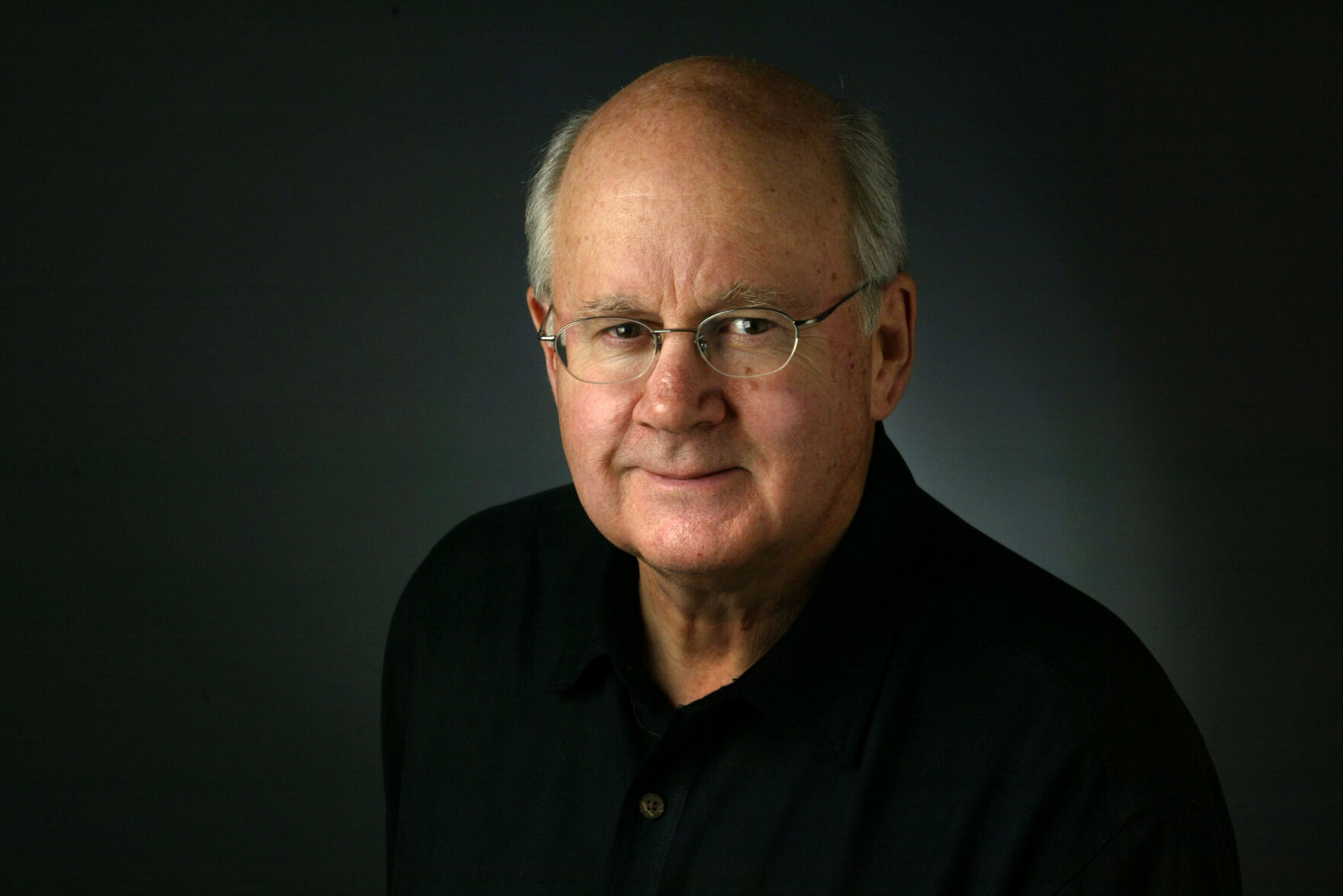A long flatbed truck comes down our rough stone driveway. It barely clears the lowest branches of a pair of live oaks. A hefty forklift is appended to the back of the truck, increasing the odds of accidental mayhem.
I grind my teeth a bit.
The truck is here to deliver lumber and related supplies. We’re building a large and covered extension of the front deck on the Mahal. That’s the name we’ve given the renovated singlewide we use as a guest house and, sometimes, office.
My wife and I live a hundred feet away in another singlewide that we’ve named the Taj. That choice narrowly won against calling them Country and Western or Fat and Chance. Someday, I’ll tell you what we’ve named the washer and dryer.
The truck might be enormous, but its load seems small. It’s a clear indication that buying lumber is a lot like buying candy bars — the load keeps getting smaller, but the price keeps going up. As $3,000 candy bars go, this one seems way short on chocolate.
The driver of the truck (and forklift) is a surprise. Her name is Melody. No relation to Earl or any of the other guys with a name appliqued on their gray work shirts. Melody is 35. She has been driving for the lumber yard for three years. She’s building her skills so she can use her 18-wheeler.
Yes, you read that right. Her 18-wheeler.
So how exactly does a young woman happen to own an 18-wheeler?
By misfortune. Both her parents, who owned the rig, died in their 50s from COVID-19.
Melody takes the load off in three trips, adroitly avoiding a fence, a power pole and existing deck. She places the materials in three discrete bundles adjacent to the build site. Stan, a philosophically minded carpenter who has become a friend, will have the deck built in a week. Faster, if I don’t volunteer to help.
I’m telling you all this for a reason.
Things change.
Real change is a bit like Hemingway’s description of how bankruptcy occurs in “The Sun Also Rises”: “Gradually, and then suddenly.”
Change doesn’t seem to be happening and then, measured on a historical timescale, it’s all different. It happened overnight.
According to FRED, the database website of the St. Louis Federal Reserve Bank, women accounted for only 31.6% of nonfarm employment in 1964. Back then most women had three kinds of job choices. They could be nurses, teachers or clerical workers. Women who went to college, it was said, were doing it to land a husband with good prospects.
My first wife went to a Boston finishing school where the unofficial motto was “A Ring by Spring or Double Your Money Back.” Brownies were served during exams.
Things change.
By the mid-1970s, one of my first newspaper columns was titled “Sex Inflation.” It estimated, tongue-in-cheek, the scary impact on inflation if the growing numbers of women in the workforce were paid as much as men. It also suggested that women might be taking the lion’s share of new jobs by simple, old-fashioned price cutting.
It’s no fun, but price cutting worked for my maternal grandfather, Charlie Mahoney, back when signs read “No Irishmen need apply.”
By the early 1990s, women accounted for about 47% of all nonfarm employment, a portion that basically flat-lined until it starting to rise again in 2006. Women held a narrow majority of all jobs, 50.1%, in December 2019. That’s an all-time high. Today, women hold 49.9%.
Just as Melody is driving a big-time truck, other women have totally busted out of their old employment gulags.
Here are a few examples:
- In 2019, women accounted for half of all medical school students for the first time. By 2022, they accounted for 53.8%.
- At the Massachusetts Institute of Technology, women now account for 48% of all undergraduates.
- In Texas, the percentage of undergraduate women in STEM (science, technology, engineering and mathematics) is higher at UT Austin, Rice and A&M than most other major universities.
Did the change happen fast enough? Not if you were waiting for change.
Did it happen fast? Yes, suddenly it was just about done. It’s a wonderful change.
If we step away from the Grievance Society that we’ve become, we can bask for a few moments in what has, suddenly, been accomplished.


